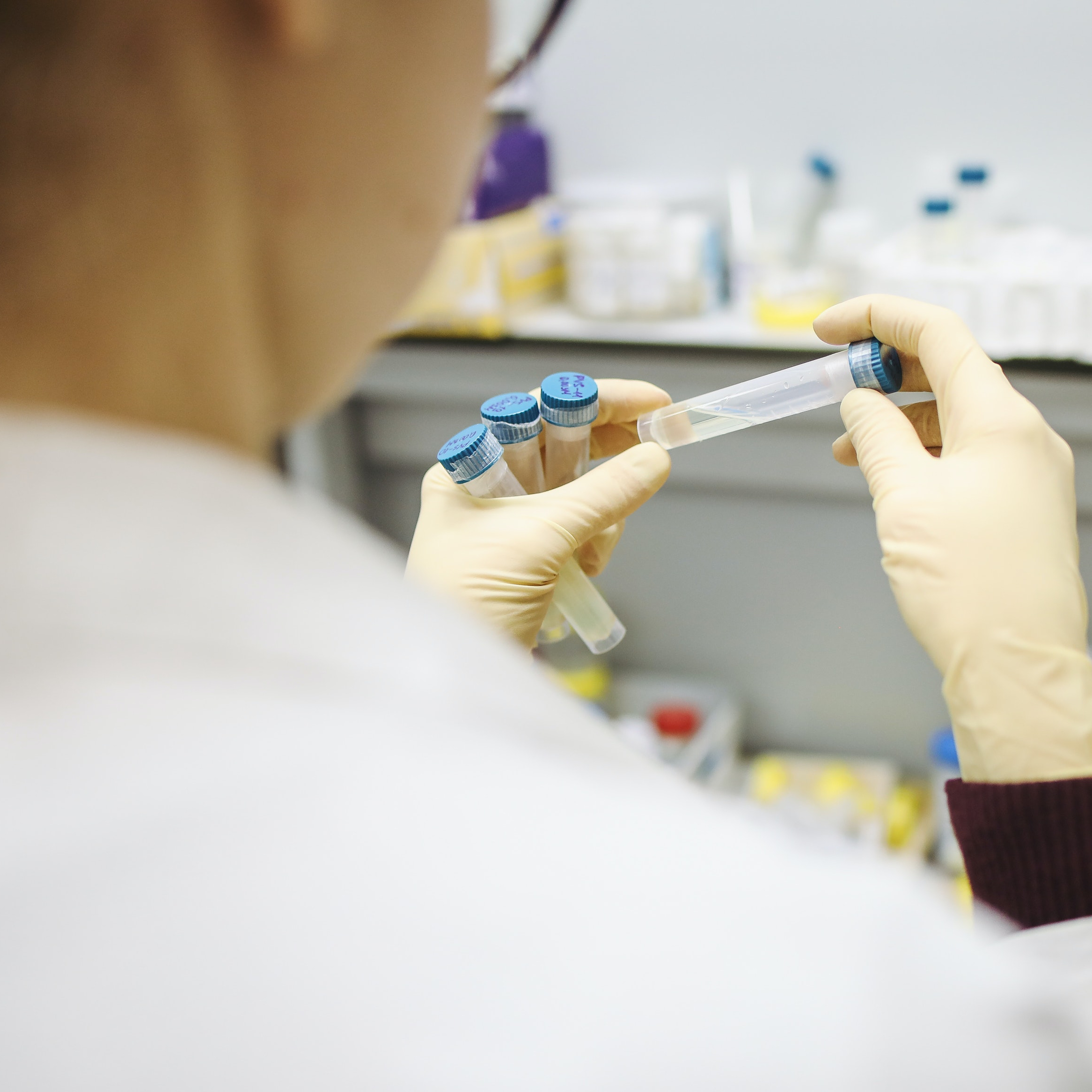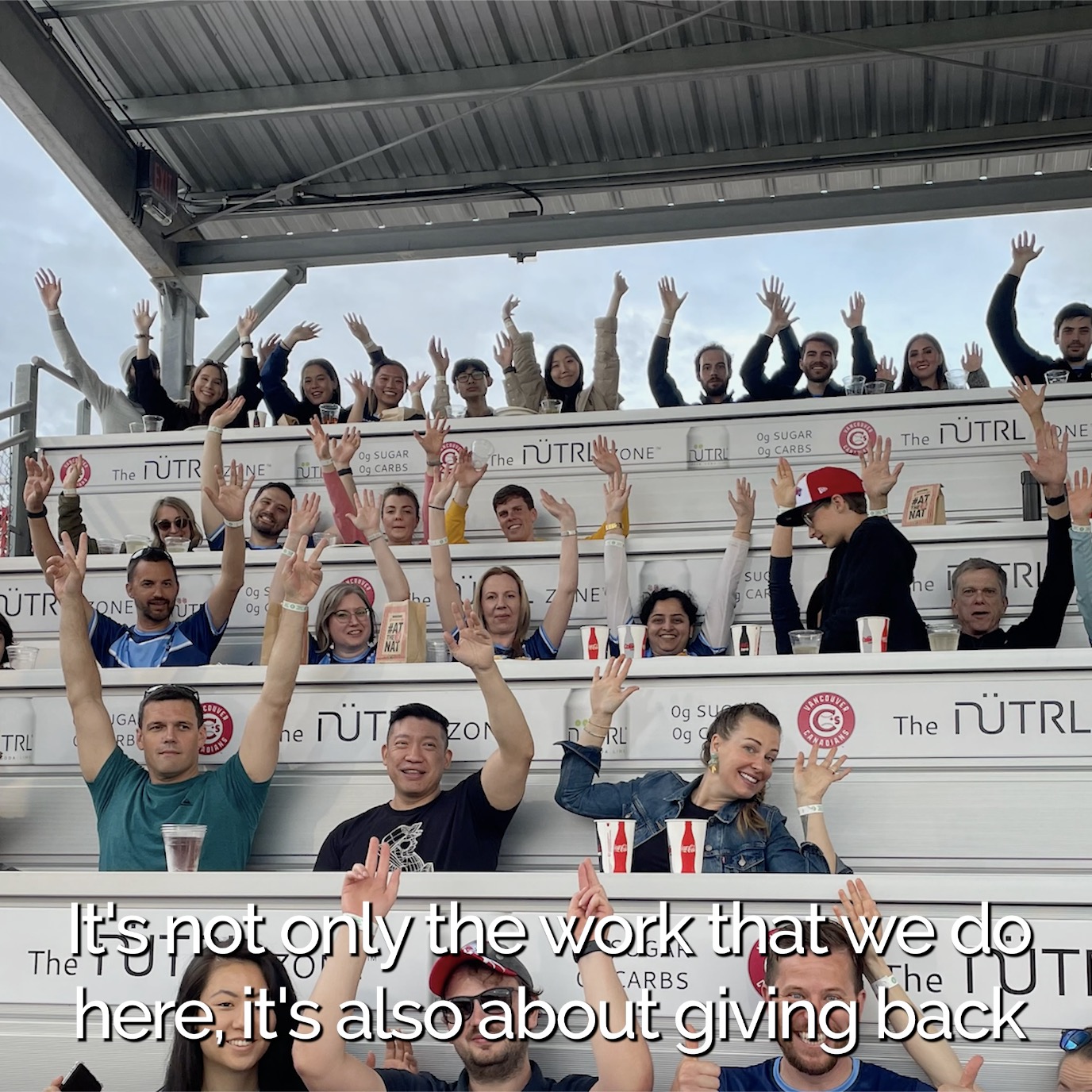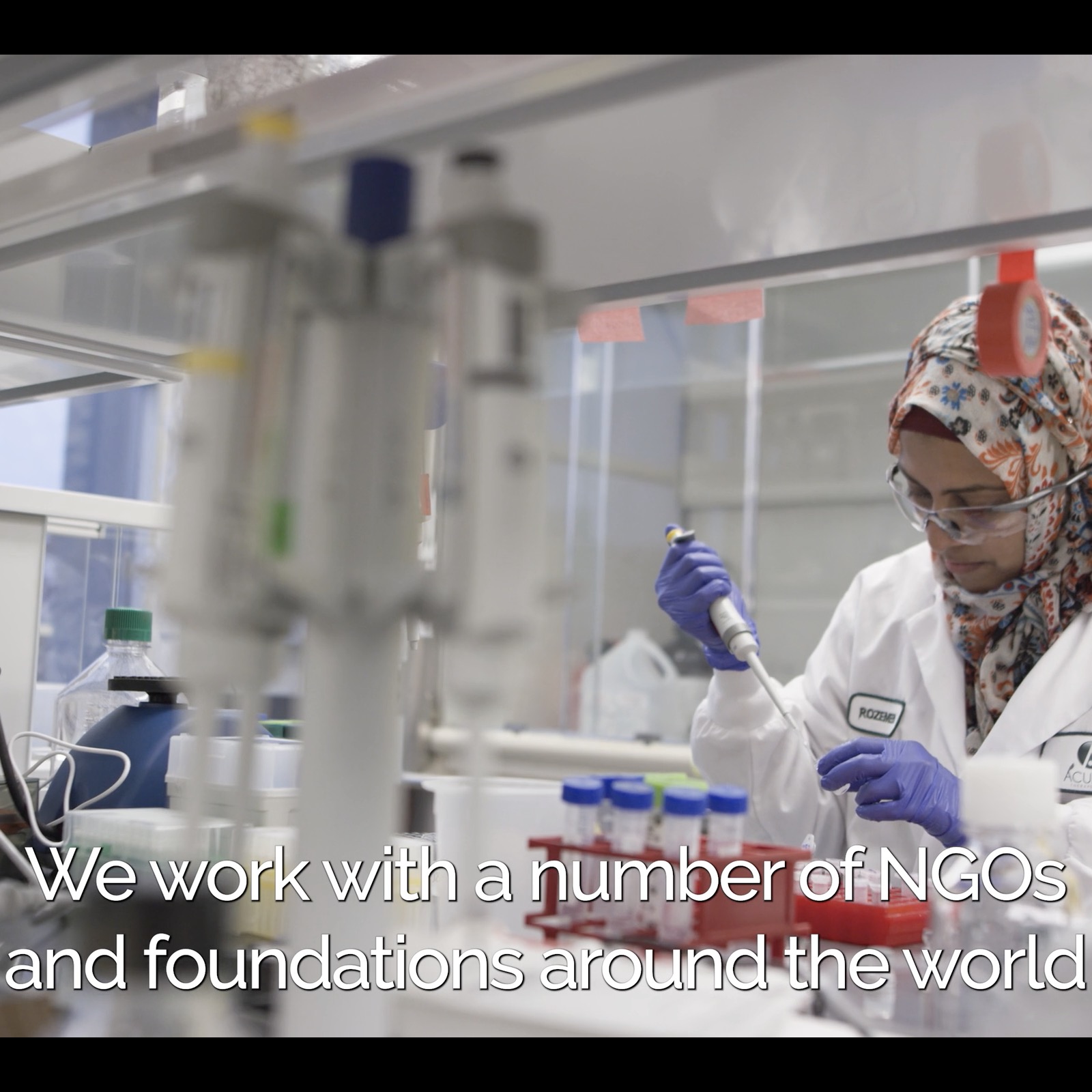
Unpacking the Details of the IP Waiver Discussion
COVID-19 is an infectious disease, which means it is crucial that – on a global level – as many people as possible are vaccinated against it. The age-old adage “no one is safe until everyone is safe” is on the mark when it comes to this deadly virus. It is completely understandable that people want vaccines to be distributed equitably – and to increase efforts to vaccinate the people in countries that have been the most impacted by this devastating and deadly virus.
There has been a great deal of discussion lately about intellectual property (IP) waivers for the vaccines, which means that the organizations that have developed the vaccines would lift certain IP rights so that less developed countries could manufacture generic versions of the COVID-19 vaccine. At a glance, this might seem like a smart idea. However, when you dig into what this really means, there are more effective and timely pathways to address COVID-19 vaccine inequality, which is affecting many countries around the world.
The World Economic Forum website has an informative piece that offers some details about what it would mean if the COVID-19 IP rights were waived. It shows a crucial need for the vaccines in developing countries and outlines how the World Health Organization (WHO), in response to a proposal from India/Africa in October 2020, is considering a waiver to help facilitate this. This article addresses the challenges that come with this concept – including that waiving the IP rights isn’t going to increase access to vaccines for many months, or even more than a year.
Waiving the IP rights means that countries could produce generic versions of the vaccine – but while in theory, that is a straightforward solution, in reality it is not a simple thing to do. In fact, it is an incredibly complex process to manufacture the vaccines and it requires access to the raw components needed to make the vaccines – which have significant supply issues. These supply issues have been all over the news for some time. Waiving the IP rights to the vaccine isn’t going to address those issues. In fact, it may create more challenges in this area because there would be increased demand for the same supply amount – potentially causing the price of the raw materials to go up.
The countries that are in need may also be lacking in the manufacturing or technical capability to produce the vaccines. Even if these nations had all of the components (which we know is a challenge at this point), accessing the facilities to manufacture the vaccines would be a hurdle. These are specialized facilities that can’t be built overnight. If they could be built quickly, some of the wealthier countries would have done that already – and more vaccines would be manufactured each week which would likely mean that developing nations would be receiving more vaccine doses for their citizens. In fact, Canada offers an example of this struggle. This in-depth article by CBC outlines why Canada found itself unable to manufacture vaccines at home, which has caused some issues with accessing enough doses in a timely manner. While the federal government has stated that this is a serious weakness and has moved to support the development of the infrastructure – including the manufacturing plants – necessary to produce vaccines in Canada, the article also outlines the cost in dollars, time and expertise required to do so. It doesn’t happen quickly. Estimates for the completion of a plant that is being built in Quebec, with the support of the federal government, continues to get pushed out because of the complex nature of the construction.
The discussions that are happening on many levels as a result of the proposal to waive the IP rights are important and certainly identify real issues within the context of a global supply chain and IP rights. However, many well-known scientists and world leaders – people with extensive experience and knowledge in this area – believe that a waiver isn’t the right approach. This isn’t to say that they are against distributing vaccines more fairly and as soon as possible to the countries that are in the greatest need. It means that they believe that there are better options to do this more efficiently.
This article on Pharmaceutical-Technology.com identifies solutions other than the IP waiver that would facilitate more equitable vaccine access to end the COVID-19 pandemic. While the U.S. has recently voiced some support for the waiver, in a statement made on March 2, 2021, the U.S. Chamber of Commerce, Global Innovation Policy Center Senior Vice-President Patrick Kilbride wrote that: “Proposals to waive intellectual property rights are misguided and a distraction from the real work of reinforcing supply chains and assisting countries to procure, distribute and administer vaccines to billions of the world’s citizens.”
In April 2020, the WHO, along with partners, established the Access to COVID-19 Tools (ACT) Accelerator partnership. According to its website, the partnership “has supported the fastest, most coordinated, and successful global effort in history to develop tools to fight a disease. With significant advances in research and development by academia, private sector and government initiatives, the ACT-Accelerator is on the cusp of securing a way to end the acute phase of the pandemic by deploying the tests, treatments and vaccines the world needs.”
COVAX is the vaccination pillar of the ACT Accelerator. It has a great (and slightly dated) video on its site that explains the connected approach that is needed to eradicate COVID-19.
This article by CTV News speaks to the work being done by COVAX, and explains how the head of the WHO has called on vaccine manufacturers to make shots available to the organization earlier than planned because of a supply shortfall left by disruptions in vaccine exports from India. The shortfall occurred because of that country’s massive second wave of infections – which meant that AstraZeneca shots made by India’s Serum Institute are being used there instead of being exported, a decision taken unilaterally by the Indian government, not by AstraZeneca. This article in the Associated Press reports on this controversial decision to halt exports of the vaccine, which resulted in a major setback for the COVAX vaccine rollout – delaying global shipments of up to 900 million doses.
It was recently announced that France has stepped up to provide 500,000 doses to COVAX, and other countries are being asked to do the same. The CTV piece cites WHO senior adviser Bruce Aylward as defending COVAX’s work so far in providing 65 million doses to 120 countries. In the piece, Aylward is reported to have said that “wealthy countries need to donate more vaccines now they have vaccinated their most vulnerable populations. We are moving in the right direction. We are not moving there fast enough and we are not moving there at large enough volumes.”
The discussion around the COVID-19 IP waiver is an important one to have – and, in fact, global outpouring of support to help those in need is an example of humanity at its best. A key element to keep in mind is that these countries need the COVID-19 vaccine now and the IP waiver isn’t the quickest (by any stretch of the imagination), simplest or best way to facilitate that. It is a complex idea that would take more time than the world has to get vaccines to the countries with the most need. There are more effective and efficient approaches – all of which need to be viewed within the context of the supply chain issues that have been a real challenge in manufacturing vaccines for everyone.
It is also important to keep in mind that an IP Waiver may seriously impact how biotech and pharma companies respond in the development of vaccines for future pandemics. There is a financial aspect to this that must be acknowledged. It isn’t that these organizations only care about the financial aspect; that just isn’t accurate. The people who work at these organizations are dedicated, committed professionals who care deeply about science and who have been working for years, and sometimes decades, on initiatives that are intended to help humanity through vaccines and other therapeutics. It’s sometimes easy to forget that. The Acuitas team is a great example of this – Acuitas is a small company and the team worked around the clock while much of the world was in lockdown. They were racing against time, working with their partners, to develop a vaccine that could beat back COVID-19. As a result of their dedication and hard work – today, hundreds of millions of people have been vaccinated around the world.
The fact that there are multiple COVID-19 vaccines being distributed and administered around the world is a huge accomplishment. The vaccines were developed and approved for emergency use in less than a year. That is incredible – in fact, it is unprecedented. It all came about because these organizations invested time and money into the ongoing development of vaccines and vaccine technologies – and because the scientists, administrators and other team members were dedicated to the global cause of developing a vaccine.
We all know that the sooner we get vaccines into a majority of the global population, the sooner we will be able to get back to some semblance of normalcy – and everyone wants that. Let’s find the most effective way to achieve this.




